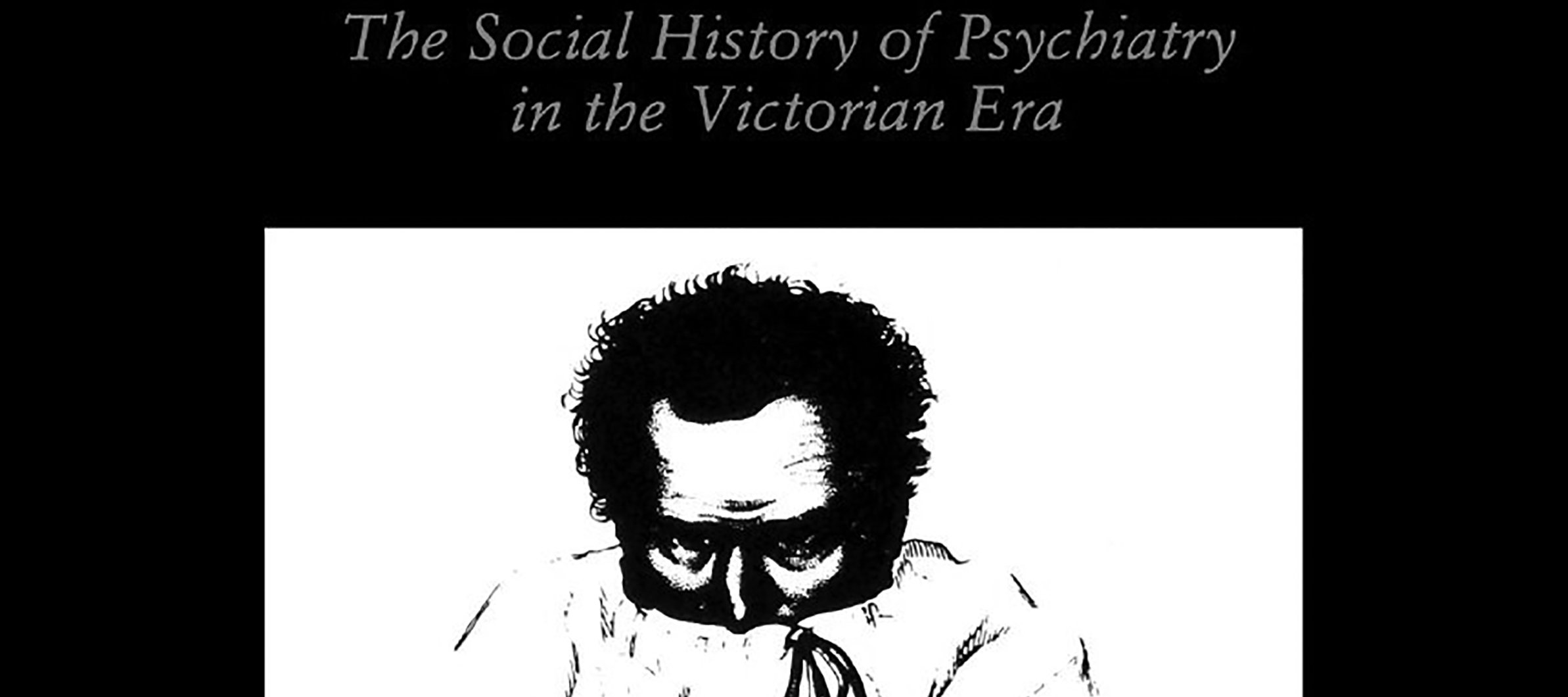A round-up of medical news and oddities from left field
Far from the maddening profession
The wonderful insights on psychiatry from your scribe Prof Brendan Kelly, who regularly imparts his wisdom in the Medical Independent, not only regularly give me pause for thought on the complexities and controversies of psychiatry, but also on how far the profession has come.
It’s always nice to take a step back from matters in order to get some context. Therefore, it was worth revisiting Madhouses, Mad-Doctors and Madmen: The Social History of Psychiatry in the Victorian Era (Athlone Press, 1981), a collection of essays by contributors that sheds light on how people with mental illness were once treated by doctors and society itself.
It also provides an outline of the profession of those who treated these patients and the evolution from the ‘mad-doctor’, to the ‘alienist’ (as they were known by colleagues in other medical specialties), to psychiatrists. We haven’t managed to evolve the title any further, but perhaps a HSE committee somewhere will come up with something.
It also outlines the progression of the ‘madhouse’, to the ‘asylum’, to the ‘mental hospital’.
Even then, funding was one of the major issues. There was a drive to persuade the more ‘respectable’ elements of Victorian society to put aside their sense of shame and stigma in having a family member admitted to one of these institutions — having ‘madhouses’ filled with financially destitute ‘lunaticks’ was not a profitable endeavour, so some of the more well-heeled needed to be brought into the fold to ensure profitability. Indeed, having patients from well-to-do families was also relevant to how ‘mad-doctors’ would be perceived by their colleagues who were, at that time, regarded as practising in more conventional areas of medicine.
Some of the contributions are fascinating and chilling in equal measure. Here’s a snippet from an account of the typical asylum superintendent, or ‘madhouse keeper’, as they were known. This one describes this individual as a “smiling hyena”:
“This animal is a non-descript of mixed species. Form obtuse — body black, head grey — teeth and prowess on the decline, visage smiling, especially at the sight of shining metal, of which its paws are extremely retentive, heart supposed to be of a kind of tough white leather. NB: He doth ravish the rich when he getteth them into his den.” Blimey.
Incidentally, the image above, featured on the book cover, depicts “a Swiss soldier, aged 27, admitted to Charenton in Paris on 5 November 1827. According to Esquirol, his ‘madness’ followed by a few weeks a dispute with his officers that had led to his demotion. At first ‘his delirium was general; he talked incessantly, indulged in wild actions, ripped up and broke everything he could lay his hands on’. Subsequently, he became withdrawn, incoherent, then all but mute. This engraving shows him in the latter state, a period in which he spent a large part of each day crouched in an armchair, head sunk on his chest, eyes dull, but with a fixed stare.”
One wonders what his ‘treatment’ consisted of, but the book itself is also a reminder that controversy has always courted psychiatry.
Mental health or illness?
A few quotes on the healing profession of psychiatry to finish off this offering. I’m always grateful for any contributions to the email address below.
“Show me a sane man and I will cure him for you.” Carl Gustav Jung.
“I told my psychiatrist that everyone hates me. He said I was being ridiculous — everyone hasn’t met me yet.” Rodney Dangerfield.
“My love is something valuable to me which I ought not to throw away without reflection.” Sigmund Freud.
“They called me mad, and I called them mad, and damn them, they outvoted me.” Nathaniel Lee, English dramatist.
“While psychiatry is concerned with the question of why some people become insane, the real question is why most people do not become insane.” Erich Fromm, psychoanalyst, in ‘Zen Buddhism and Psychoanalysis’.
“There is no clear boundary between mental health and mental illness. Psychological complaints exist on continua with normal behaviours and experiences. Where we draw the line between sanity and madness is a matter of opinion.” Richard P Bentall, psychologist, in ‘Madness Explained: Psychosis and Human Nature’.













Leave a Reply
You must be logged in to post a comment.